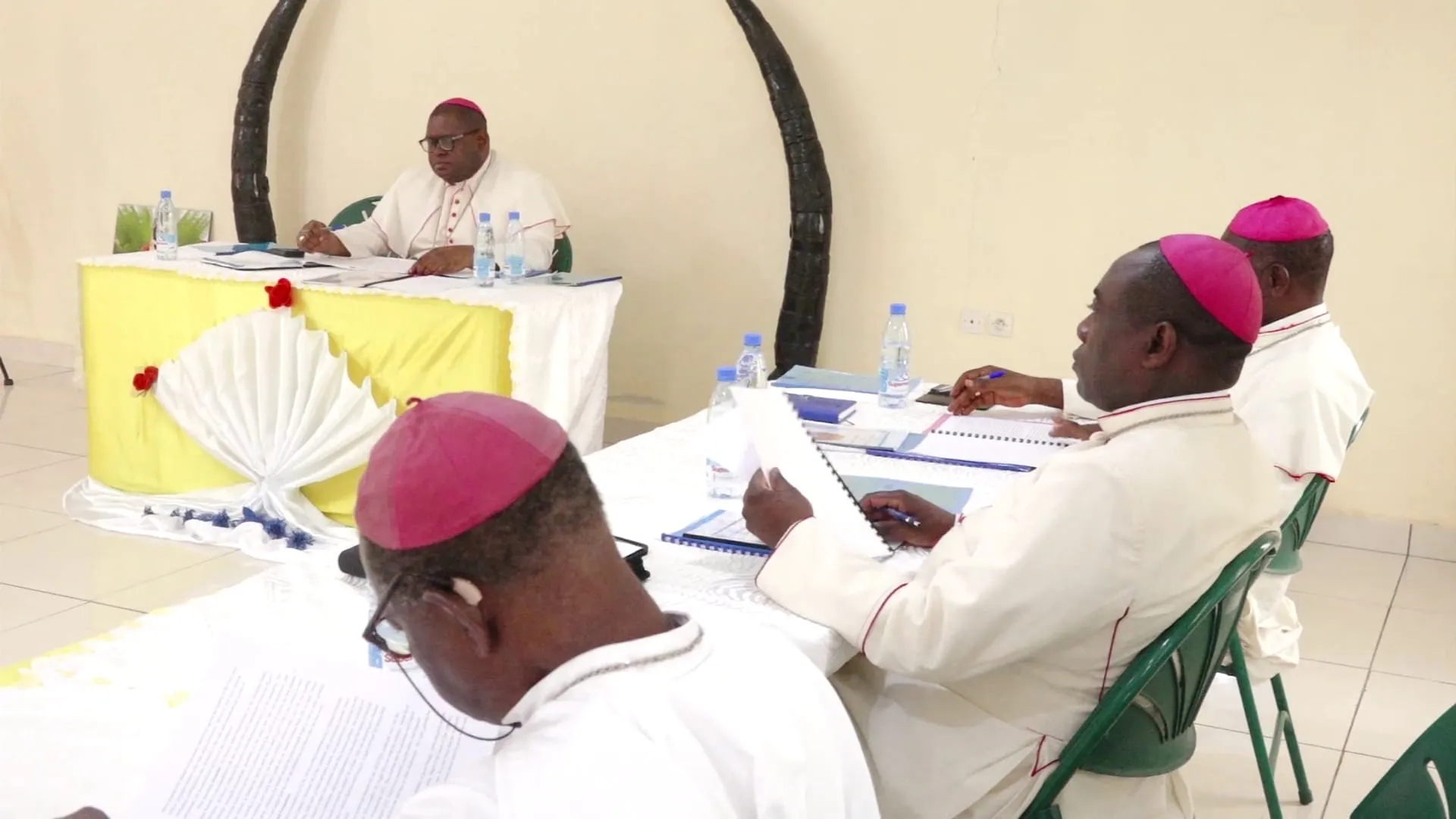Bamenda, 22 August, 2023 / 9:50 pm (ACI Africa).
Catholic Bishops of Cameroon’s Bamenda Ecclesiastical Province have unveiled liturgical guidelines in response to lamentations about “aberrations” and practices that they have described as “foreign” to Catholic worship.
In their Tuesday, August 22 statement, members of the Bamenda Provincial Episcopal Conference (BAPEC) who include Local Ordinaries of Bamenda Archdiocese and the Dioceses of Kumbo, Kumba, Mamfe, and Buea provide five guidelines that they say are in line with Canon 835 § 1.
“For quite some time now, we have received numerous complaints about liturgical aberrations and the introduction of a wide range of practices which are completely foreign and even contradictory to Catholic piety and worship,” BAPEC members say in their statement following a six-day meeting at Bishop’s House in Bamenda Archdiocese.
The Catholic Bishops add, “As moderators, promoters, and guardians of the liturgical life of the Church entrusted to our care we, the Bishops of the Ecclesiastical Province of Bamenda, acting in solidum, lay down the following liturgical guidelines.”
Offerings for Mass intentions








